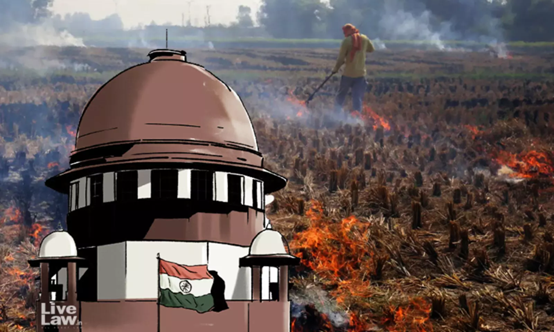- Courses
- GS Full Course 1 Year
- GS Full Course 2 Year
- GS Full Course 3 Year
- GS Full Course Till Selection
- Answer Alpha: Mains 2025 Mentorship
- MEP (Mains Enrichment Programme) Data, Facts
- Essay Target – 150+ Marks
- Online Program
- GS Recorded Course
- Polity
- Geography
- Economy
- Ancient, Medieval and Art & Culture AMAC
- Modern India, Post Independence & World History
- Environment
- Governance
- Science & Technology
- International Relations and Internal Security
- Disaster Management
- Ethics
- NCERT Current Affairs
- Indian Society and Social Issue
- NCERT- Science and Technology
- NCERT - Geography
- NCERT - Ancient History
- NCERT- World History
- NCERT Modern History
- NCERT Medieval History
- CSAT
- 5 LAYERED ARJUNA Mentorship
- Public Administration Optional
- ABOUT US
- OUR TOPPERS
- TEST SERIES
- FREE STUDY MATERIAL
- VIDEOS
- CONTACT US
Report from the Commission for Air Quality Management
Report from the Commission for Air Quality Management
27-09-2024

In September, The Supreme Court seeks a report from the Commission for Air Quality Management (CAQM) regarding stubble-burning incidents and the actions taken to mitigate them.
- This follows concerns about air pollution impacting the national capital.
Key Developments:
- SC focused on the urgency of addressing stubble-burning, which significantly contributes to air pollution, especially during winter months.
- Government Response: The Additional Solicitor General assured the court of an inquiry into the matter, indicating that the CAQM would report back with findings.
- Previous Directives: Last year, the Supreme Court directed Punjab, Haryana, Uttar Pradesh, Rajasthan, and Delhi to halt stubble-burning immediately to safeguard public health. The court has repeatedly highlighted the need for a collaborative approach rather than blaming farmers for pollution.
Judicial Perspective:
- Farmers as Part of the Solution: SC remarked that farmers should not be vilified, suggesting they are integral to resolving the issue.
- Political Responsibility: The court cautioned against treating pollution as a political issue, stressing the collective responsibility of all states to address air quality concerns.
CAQM's Role:
- Establishment: Formed under the Commission for Air Quality Management in NCR and Adjoining Areas Act, 2021.
- To coordinate air quality management efforts across Delhi and neighboring states.
- Mandate: It aims to improve air quality through research, problem identification, and pollution control initiatives.
- Powers: The CAQM can issue binding directions, conduct investigations, and develop guidelines related to air pollution.
Strategies Implemented:
- The CAQM has recommended establishing an ecosystem for utilizing paddy straw in industrial applications, including co-firing in thermal power plants, to manage stubble effectively.
- Directions have been issued to 11 thermal power plants near Delhi for implementing ex-situ management of paddy straw.
About Central Pollution Control Board (CPCB):
- Established in 1974.
- CPCB is responsible for monitoring and controlling pollution in India, providing technical support to the Ministry of Environment.
- Functions: It advises on air and water pollution control, ensuring compliance with environmental regulations.
Conclusion:
The Supreme Court's intervention highlights the critical need for immediate action against stubble-burning to combat air pollution. With the CAQM tasked to report back, there is an expectation for coordinated efforts among states to find sustainable solutions that prioritize public health and environmental integrity.
Must Check: Best IAS Coaching In Delhi
UPSC Prelims Result 2024 Out: Expected Cut Off & Other Details, UPSC Prelims 2024 Answer with Explanation, Daily Prelims Quiz, Daily Current Affairs, MONTHLY CURRENT AFFAIRS TOTAL (CAT) MAGAZINE, Best IAS Coaching Institute in Karol Bagh, Best IAS Coaching Institute in Delhi, Daily Mains Question Answer Practice, ENSURE IAS UPSC Toppers, UPSC Toppers Marksheet, Previous Year Interview Questions, UPSC Syllabus




